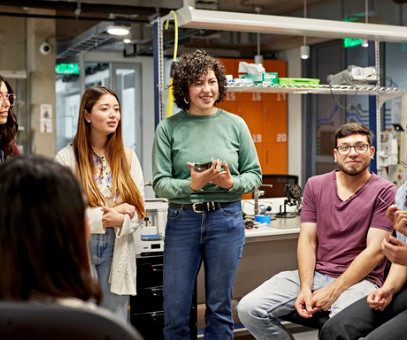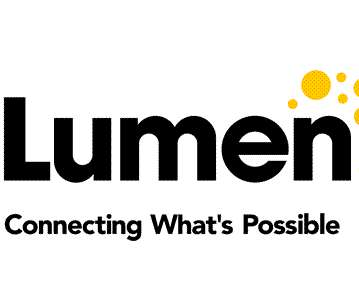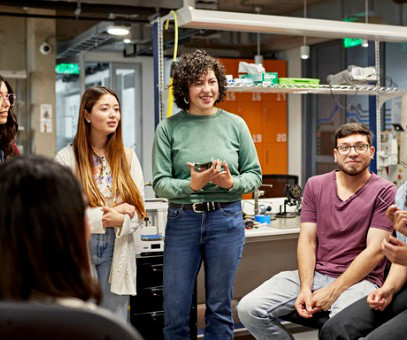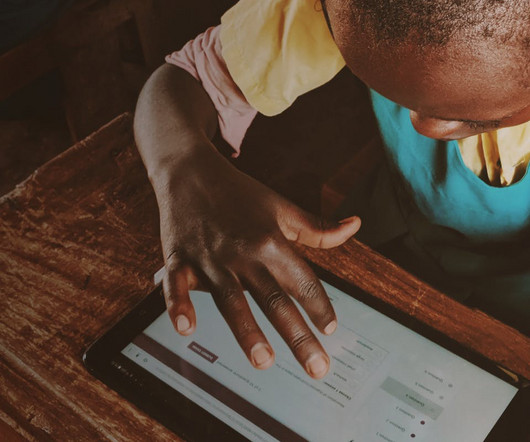Personalized Learning, Global Citizenship: A Framework for the Modern Classroom
k12 Digest
JUNE 23, 2025
As a school leader, I view teachers not as implementers but as professional learners and designers. For example, we embed regular peer observations, not for evaluation but for reflection, where teachers receive structured feedback from colleagues and set their own growth targets. Who might be left out? What barriers might exist?



















Let's personalize your content